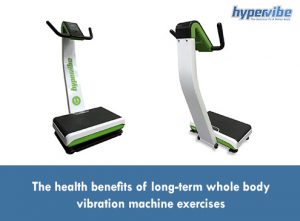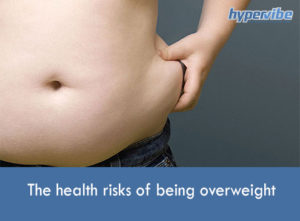Health news roundup: obesity accelerates brain aging and more

Want to keep your brain young for longer? Then you should do your best to maintain a healthy weight in midlife, says a study conducted researchers from the University of Cambridge (UK).
Being overweight or obese in midlife may age your brain by 10 years; this is the conclusion drawn by the English researchers after scanning the brains of 473 cognitively healthy adults aged 20-87, and analyzing the white matter of overweight, respectively lean adults.
The purpose of this study was to determine the link between weight and brain shrinkage, and the results, published in the journal Neurobiology of Aging, showed that carrying extra pounds in your midlife is, indeed, associated with a reduction in white matter volume in the brain. However, the senior author of this study, Prof. Paul Fletcher, said that is it not yet clear whether obesity in middle-aged adults is the cause of brain changes, or whether the shrinkage in white matter caused by other factors favors weight gain and obesity in this group of people.
The participants were divided into three groups: first group was classified as “lean”, with a BMI of 18.5-25, the second group was classified as “overweight” (BMI of 25-30) and the third group was classified as “obese” (BMI > 30). The volume of white and gray matter was analyzed using MRI (magnetic resonance imaging), those in the second and third group showing reduced volumes of white matter when compared to lean subjects.
When looking at the correlation between the volume of white matter and the age of participants, scientists found that excess pounds have the most detrimental impact on middle-aged adults. More specifically, researchers observed that the white matter volume of obese and overweight middle-aged adults was comparable to that of lean adults who were 10 years older.
Despite these findings, the scientists didn’t observe any difference in cognitive abilities between the three groups. Thus, although there are some studies that suggest that being overweight can speed up the onset of brain shrinkage, there’s no direct evidence at the moment that carrying extra pounds affects one’s cognitive ability.
Weight loss surgery may increase fracture risk in obese people
Another interesting study published this month in The BMJ journal suggests that overweight and obese patients who undergo weight loss surgery are more prone to breaking a bone after the surgical procedure, compared to those who lose weight naturally.
This study was carried out by Canadian researchers, who examined the incidence of fractures in severely obese patients who had undergone surgery for weight loss. Scientists concluded that both the risks and the benefits of weight loss surgery should be considered by doctors before recommending a patient this solution for losing weight.
Data from more than 170.000 patients was analyzed for this study, results showing that before surgery, 10.5% patients in the surgery group had at least one fracture, compared to 8.1% obese and 6.6% non-obese patients in the control groups. Still, the authors of this study mentioned that is was only an observational study, so no firm conclusion should be made about the cause/effect relationship between weight loss surgery and fracture risk.
Ketone drinks may boost metabolic rate in athletes
One more article in this week’s health news roundup: a group of researchers from the Oxford University and the National Institutes of Health found that consuming a ketone drink before exercise can boost the metabolic rate and help athletes improve their fitness performance.
The study was published in the Cell Metabolism journal, showing that a single drink can help athletes function with different metabolism. Participants who consumed the ketone drink were able to add an extra 400 meters to the traveled distance, thanks to the beverage’s ability to temporary switch the source of energy from fat or glucose to ketone.
Normally, the body uses glucose for energy, and when there’s not enough sugar in the blood stream, it starts breaking down the stored fats for energy production. When fats are broken down, ketones are produced, and these compounds are used for feeding the brain and the other tissues.
The drink used in this study was developed for soldiers, to help their bodies get more energy from ketones. Scientists found that muscles used ketones when provided, and that the amount of ketones consumed increased with exercise intensity. At the same time, they found that athletes who consumed the energy drink had lower levels of lactate than those who used other sources of energy, so they were able to cycle around 400 meters farther over 30 minutes compared to cyclists who consumed carb- or fat-rich energy drinks.
The scientists concluded that such drinks may assist long-distance athletes but are unlikely to make a significant difference to short-distance athletes or sprinters, as those are anaerobic forms of exercise.















